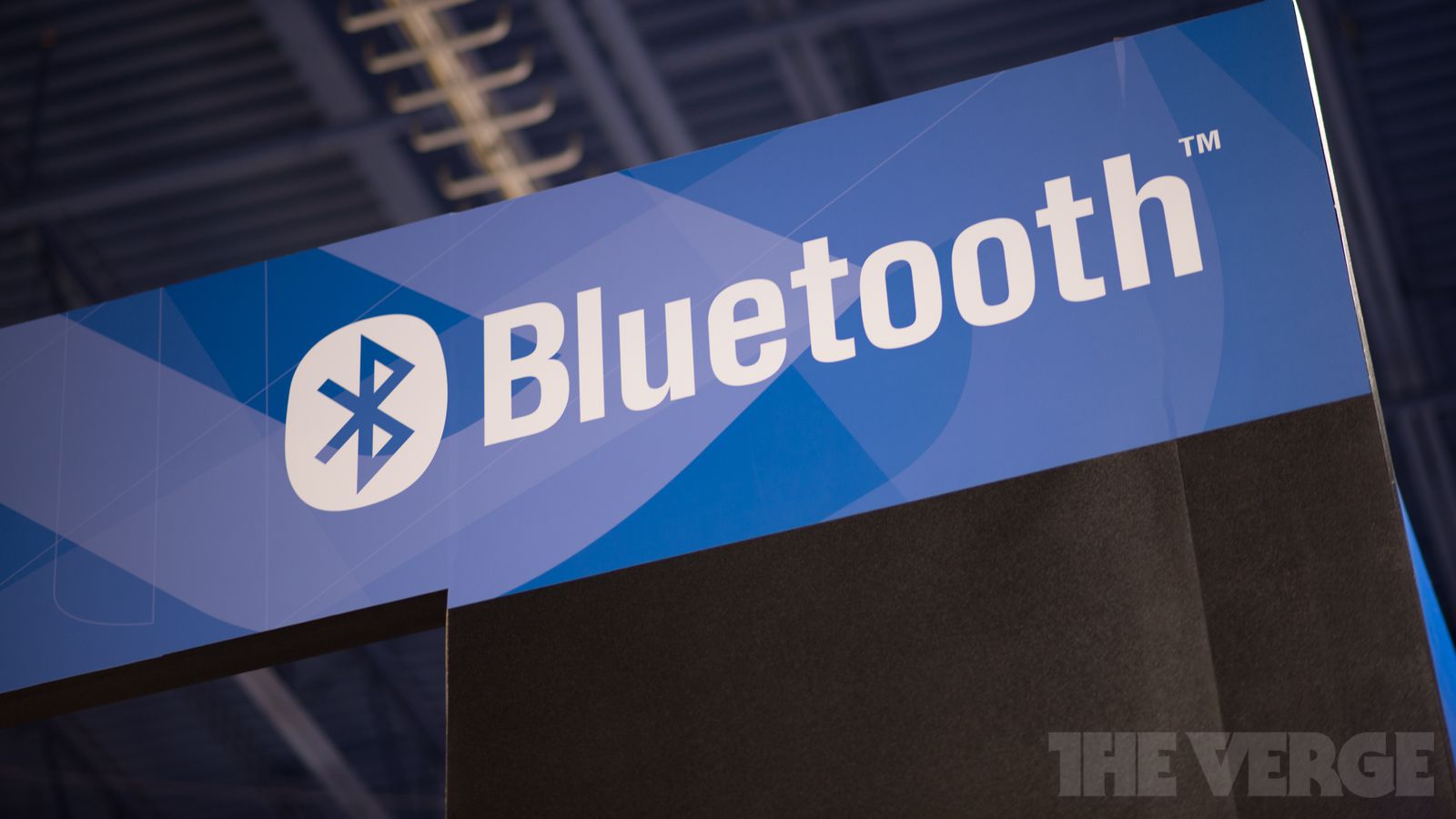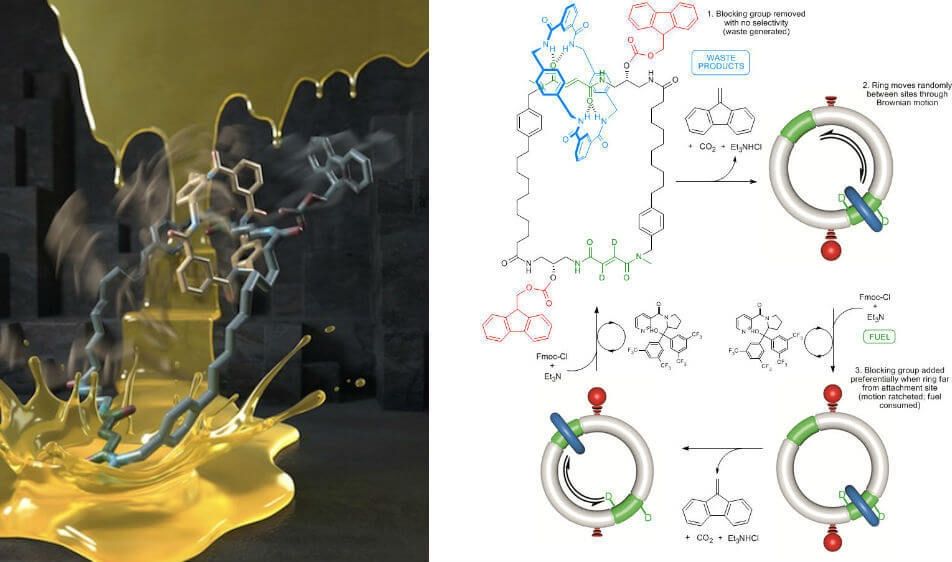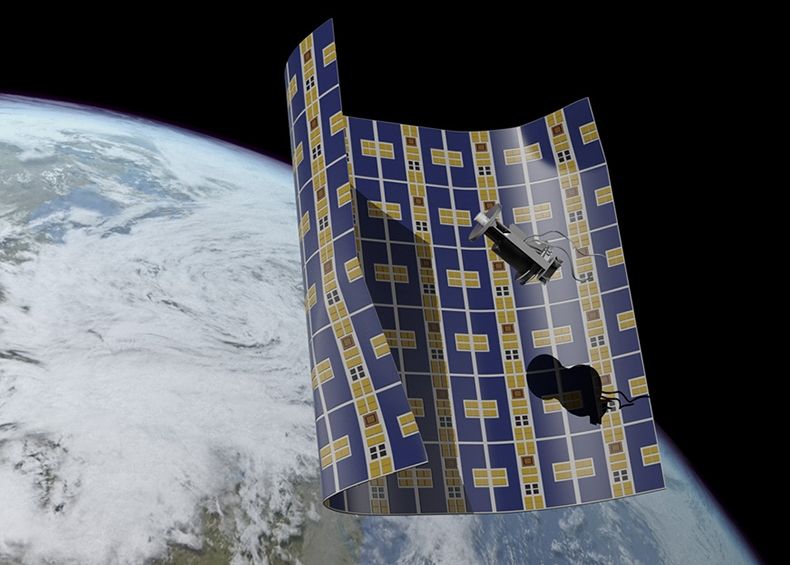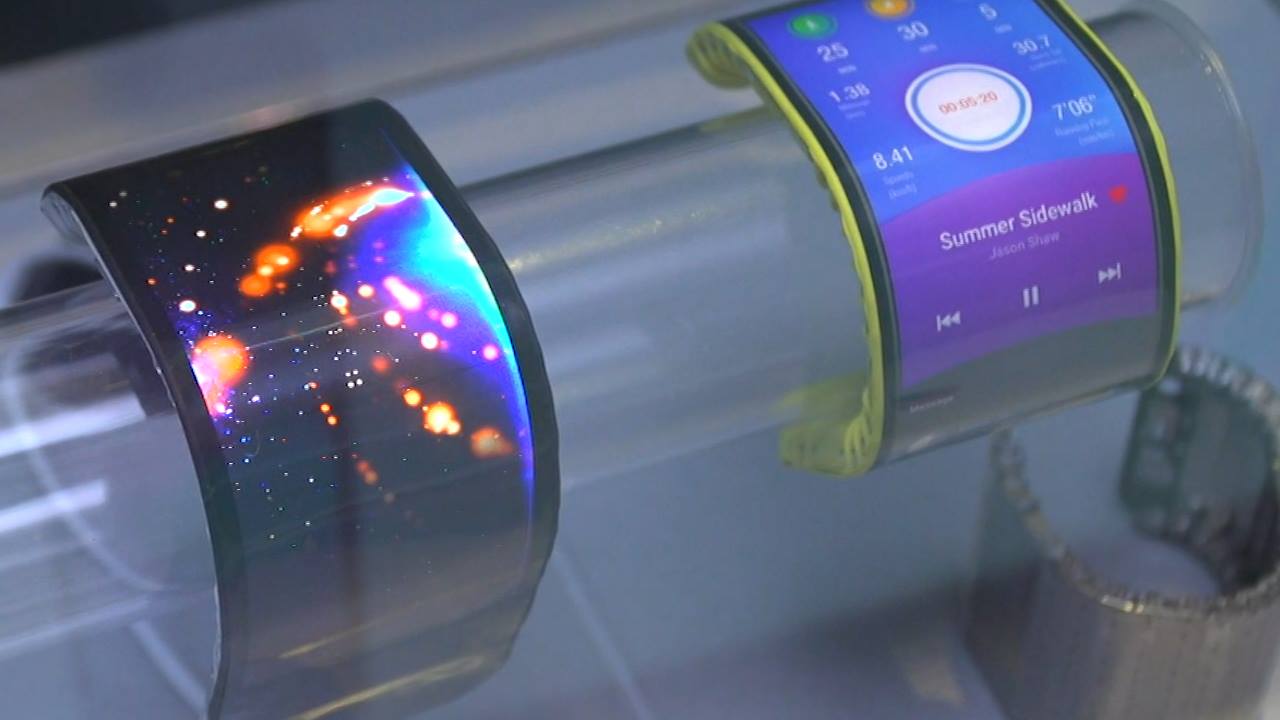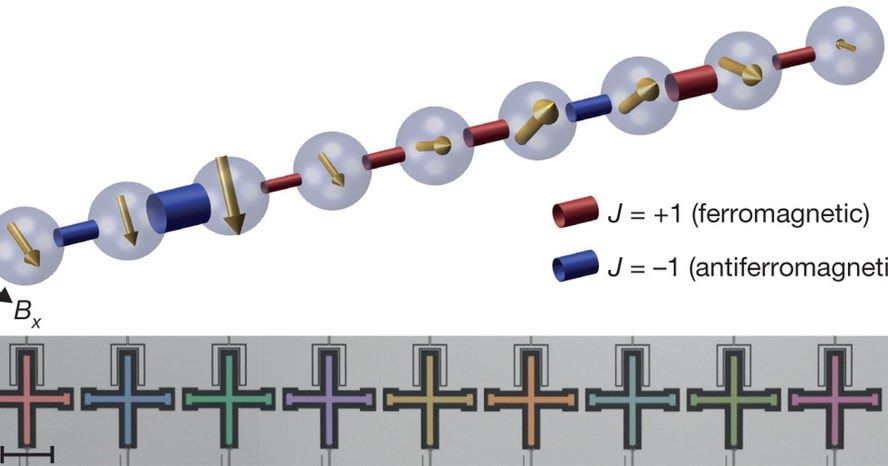Jun 10, 2016
Bluetooth 5 will be announced next week with four times the speed and double the range
Posted by Shailesh Prasad in categories: energy, internet
The next version of the Bluetooth standard is called Bluetooth 5, and will be formally announced next week, Bluetooth Special Interest Group executive director Mark Powell has revealed. Bluetooth 5 is expected to be a significant upgrade over the current version of the wireless standard, offering double the range and four times the speed of current low-energy Bluetooth transmissions, but the Bluetooth SIG says it will also offer much more support for connectionless services — things like beacons that can help people navigate inside buildings or out in the open.
The roadmap for the next version of Bluetooth was sketched out last year, but the SIG — which has tech giants like Apple, Intel, and Microsoft as backers — will officially lift the lid on Bluetooth 5 on June 16th in London. The group explains that it chose the name to simplify its marketing and make the wireless standard easier to understand for users. That change should be beneficial as our homes get smarter and more connected, with many Internet-of-Things devices relying on Bluetooth to connect to your control devices, and each other.
